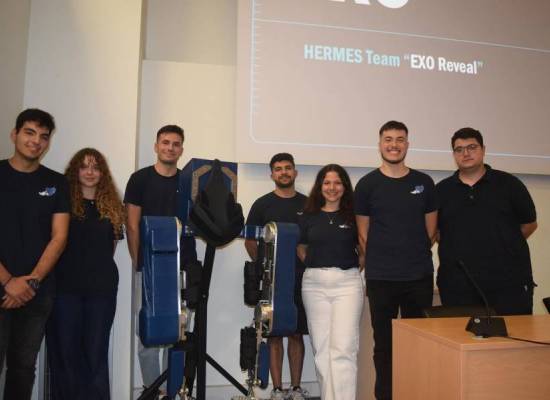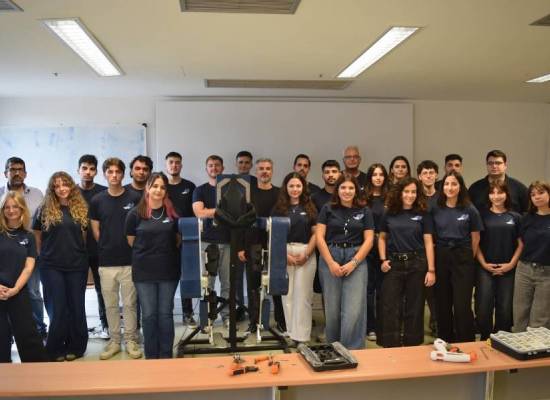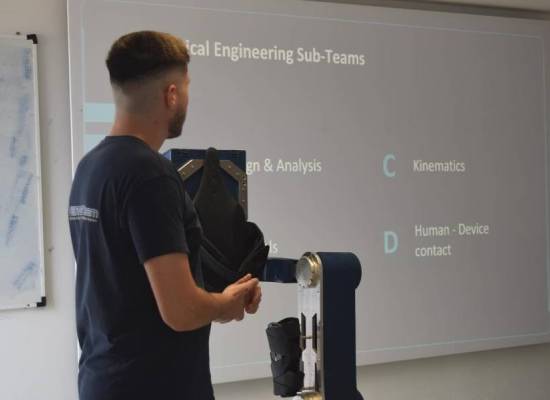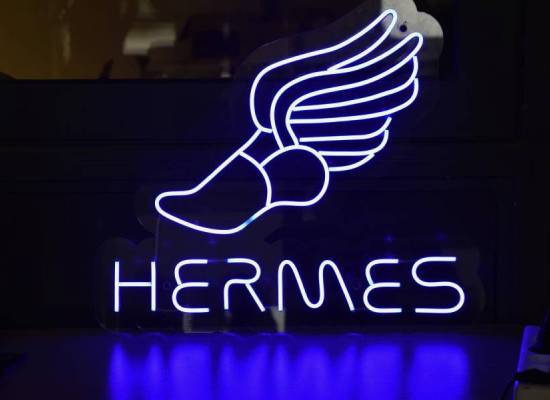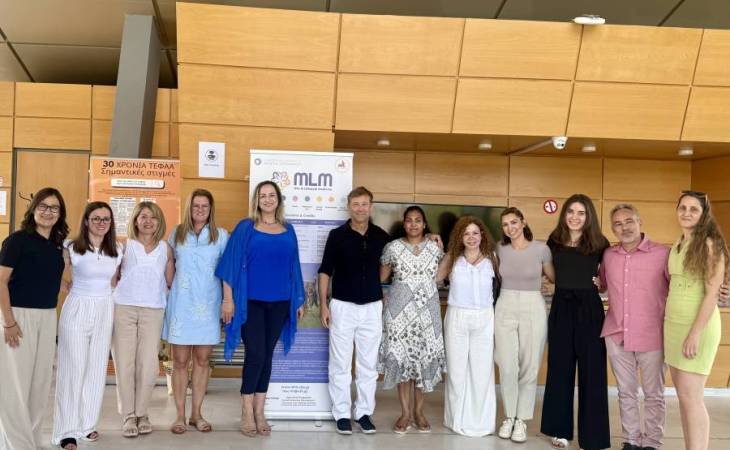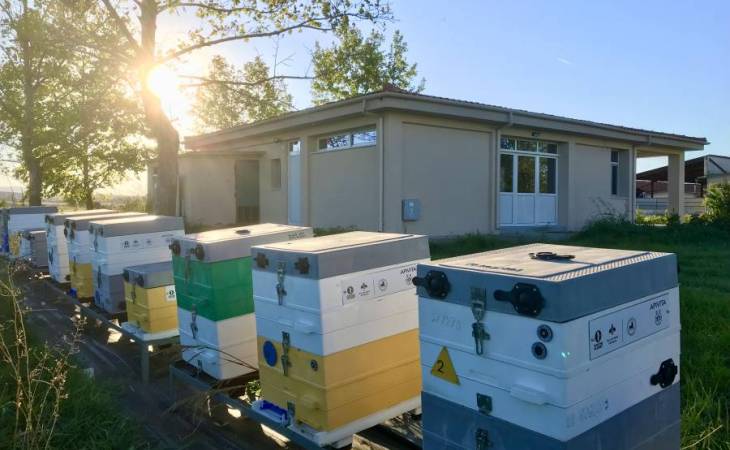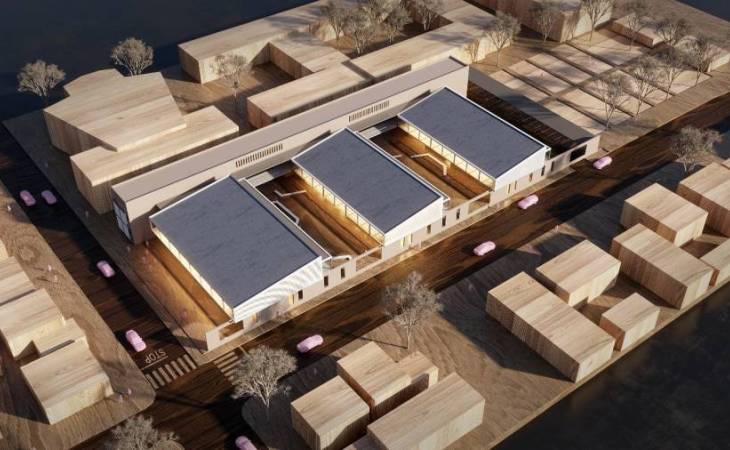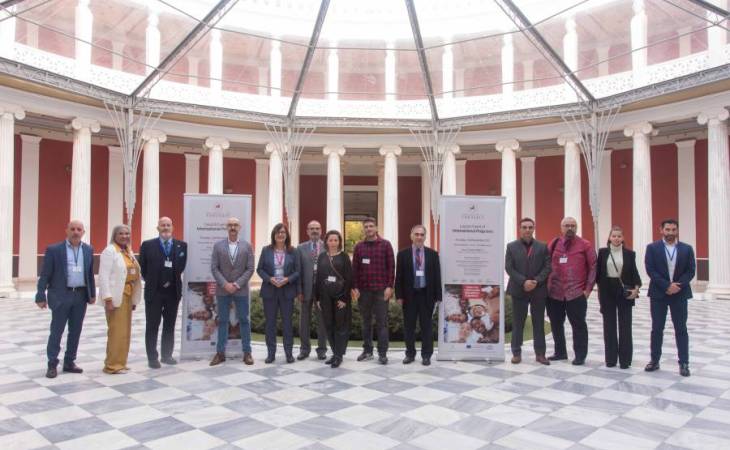The "EXO REVEAL" event was successfully completed, where the HERMES Team of the University of Thessaly presented the first robotic exoskeleton in Greece, the "HERMES EXO," offering new solutions for people with Spinal Cord Injury (SCI).
About the HERMES Team...
The HERMES Team is the largest student research group in Greece focused on robotics for medical applications and operates under the University of Thessaly. The team has been reorganized and consists of 30 students from the Department of Electrical and Computer Engineering. Additionally, the team includes the pilot of the robotic exoskeleton, with the help of orthopedic doctors and neurologists, as well as Professor Nikolaos Bellas, offering various scientific and professional approaches to the team's project.
The team is working on developing a fully functional robotic exoskeleton for individuals with spinal cord injuries, giving them the ability to meet basic daily needs. The benefits of the robotic exoskeleton are significant, as it not only provides mobility but also aids in the proper functioning of the respiratory, urinary, and circulatory systems. It also boosts the individual's psychological well-being. The HERMES Team has focused on creating an exoskeleton that offers maximum safety for the user, while being easy to operate, comfortable to wear, and providing autonomy to the user.
What makes the "HERMES EXO" unique?
The main goal of the "HERMES EXO" is to help individuals with paraplegia stand upright, walk on smooth or uneven ground, climb and descend stairs, and assist with daily tasks. It features an ergonomic and flexible design, allowing it to be adapted to the user's specifications (height and weight), is easy to put on, lightweight, durable, user-friendly, and offers a comfortable fit. This support device is specifically designed as a research prototype to participate in the Exoskeleton Race category of the CYBATHLON 2024 competition. The exoskeleton’s specifications and capabilities comply with the competition's requirements and goals. The team oversees the full implementation, construction, and operation, collaborating with certified partners for specific applications. The HERMES EXO incorporates certified components intended for its use.
What is the CYBATHLON 2024 competition?
CYBATHLON was founded as a non-profit project by ETH Zurich and is an organization for competitions and events aimed at promoting and supporting innovative assistive technologies. The competition takes place every four years and includes a total of 10 events. Our team is participating in the "Exoskeleton Race" category, where each exoskeleton must complete a course with challenges based on everyday life, within a limited time, and tackle real-world challenges faced by people with paraplegia. Team leader Christos Belogiannis stated, "The competition will take place on October 25-27 in Zurich. Our team will compete on the afternoon of 26/10, with a live broadcast from the competition. We hope for a respectable and worthy representation of our team."
What is the team’s goal?
The team's goal is both technological advancement and social awareness. The driving factor behind the founding of the HERMES Team and the development of the robotic exoskeleton was the high percentage of people with mobility issues in Greece. Our aim extends beyond mere technological advancements in assistive devices. Our team also seeks to improve the quality of life for individuals with paraplegia through the widespread use of robotic exoskeletons. By promoting research and the development of advanced technological systems, we aim to raise awareness among our fellow citizens about individuals with paraplegia. Our efforts to shed light on one of the most pressing issues in modern society are aimed at awakening social consciousness. It is essential to approach this with the respect and seriousness it deserves, as ignoring it simply perpetuates its existence.

